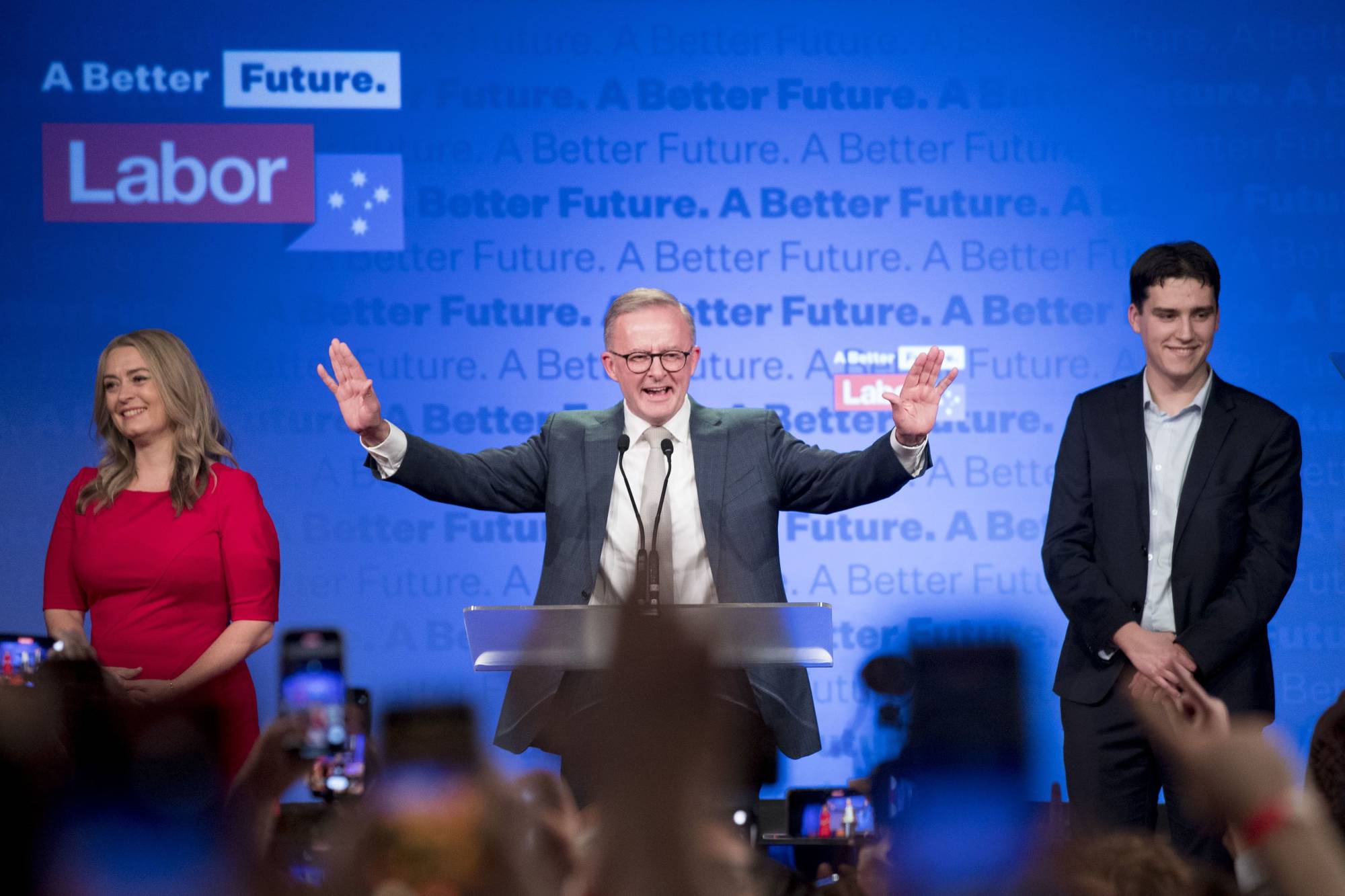The dust has settled on one of the most decisive federal elections in Australian history, with Anthony Albanese’s Labor Party achieving a landslide victory that defied all expectations and polling predictions. What makes this result particularly remarkable is not just the scale of Labor’s triumph—securing 94 seats, the highest in the party’s history—but how it comprehensively rejected the Trump-inspired political playbook that the Coalition had enthusiastically embraced.
As Donald Trump’s inauguration in January 2025 emboldened conservative forces worldwide, many predicted that Australia would follow the global shift toward populist, divisive politics. Instead, Australian voters delivered a resounding message: they want leaders focused on practical solutions to everyday problems, not culture war battles imported from overseas. Albanese’s victory represents the first time a prime minister has won back-to-back elections since John Howard in 2004, marking a return to political stability after years of leadership chaos.
A Campaign Built on Division Falls Flat
Peter Dutton’s Coalition campaign appeared to take direct inspiration from Trump’s political handbook, complete with promises to slash the federal public service and eliminate “woke” ideology from schools and social policy. The strategy seemed logical given Trump’s recent electoral success and the apparent rightward shift in global politics. Coalition strategists believed Australian voters were ready for a more confrontational approach to cultural issues, including attacks on Indigenous welcome to country ceremonies and aggressive messaging about renewable energy transitions.
However, this approach proved to be a catastrophic miscalculation. Dutton’s campaign slogan, “Let’s get Australia back on track”, failed to gain traction, and his performance was widely criticized by political commentators as poor and unfocused. The Coalition’s promise to build seven nuclear power plants over 20 years, coupled with plans to repeal Labor’s tax cuts, struck voters as both unrealistic and punitive. Most damaging of all was their unpopular work-from-home policy, which led many voters to believe their workplace flexibility was under threat—a policy now remembered as one of the great failures of Australian political campaigning.
Labor’s Mainstream Focus Resonates

While the Coalition chased divisive headlines, Labor’s campaign remained laser-focused on the issues that matter most to ordinary Australians. Under the guidance of national secretary Paul Erickson, Labor built their campaign around cost-of-living assistance and improved Medicare services. Albanese consistently promoted urgent care medical clinics, cheaper childcare, and more accessible TAFE courses—practical policies that addressed real concerns in family budgets.
Labor’s promise to build 1.2 million new homes and provide a 20% reduction in student loan debt offered tangible benefits to voters struggling with housing affordability and education costs. Their healthcare commitments, including an additional $8.5 billion investment in Medicare to fund 18 million more bulk-billed GP visits annually, demonstrated a clear understanding of public priorities. The party’s slogan, “Building Australia’s Future”, successfully conveyed ambition and forward-thinking leadership without resorting to divisive rhetoric.
Experience Trumps Populism
Albanese’s handling of international challenges, particularly the potential impact of Trump’s tariff policies on Australian exports, showcased the value of experienced leadership in uncertain times. Rather than engaging in inflammatory rhetoric, he criticized Trump’s plans while pledging to negotiate better outcomes for Australian exporters—a measured response that reassured voters concerned about global instability.
The prime minister’s victory speech emphasized unity and Australian values, explicitly rejecting the politics of division that had characterized the Coalition campaign. His promise to continue recognizing Indigenous heritage and leadership received one of the biggest cheers of the night, demonstrating that voters appreciated inclusive leadership over divisive culture war tactics.
A Decisive Rejection of Imported Politics
The election results delivered a clear verdict on attempts to import Trump-style politics to Australia. Labor’s historic victory, combined with Peter Dutton losing his own seat of Dickson after 24 years, represents a comprehensive rejection of divisive campaigning. Even Coalition figures like Queensland senator James McGrath acknowledged the need to return to the center-right and avoid importing “division and distrust,” emphasizing that the party must “focus on where middle Australia is.”
This election proves that Australian voters remain committed to pragmatic, inclusive politics focused on practical solutions rather than cultural grievances. Albanese’s success demonstrates that in an era of global political turbulence, steady leadership and mainstream policy priorities still resonate with the electorate. The Coalition’s crushing defeat serves as a warning to any political party tempted to abandon the center in favor of populist extremes—Australian voters simply aren’t interested in appeals to the fringes.

